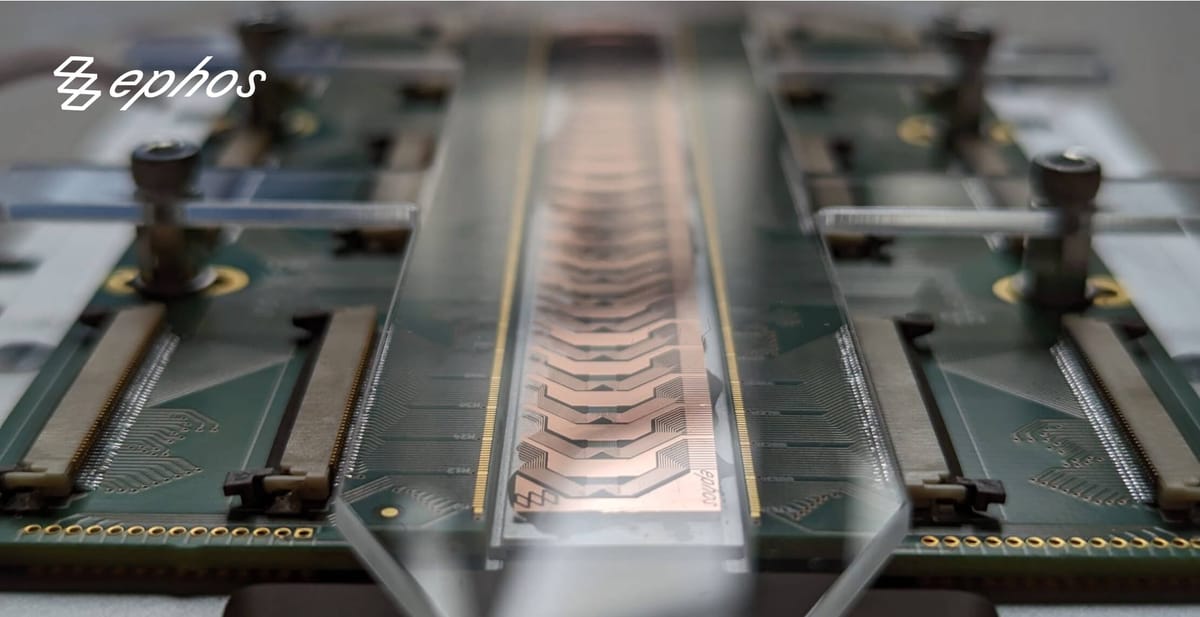
Ephos, a startup in quantum photonics, has raised $8.5 million in seed funding to build and operate a groundbreaking research and manufacturing facility near Milan, Italy. The company aims to revolutionize quantum computing and AI infrastructure with its glass-based photonic chips.
Ephos is tackling one of the biggest challenges in quantum computing: signal loss. By using glass substrates instead of traditional silicon, the company claims its chips offer superior performance in maintaining quantum signals.
The funding round was led by Starlight Ventures, and saw participation from several prominent investors, including Collaborative Fund, Exor Ventures, 2100 Ventures, and Unruly Capital. Key angel investors included Joe Zadeh, formerly of Airbnb, and Diego Piacentini, former senior vice president at Amazon. Ephos also secured non-dilutive funding from the European Innovation Council and NATO's Defence Innovation Accelerator.
According to Ephos’s CEO, Andrea Rocchetto, the transition from silicon to glass enables better performance by reducing coupling losses, which occur when light moves between different materials. This leap is particularly significant as quantum computing and AI advancements demand more efficient, scalable hardware solutions.
Rocchetto, an Italian theoretical physicist, founded Ephos in 2022 during the height of the COVID-19 pandemic. Having returned to Italy after postdoctoral work in the U.S., Rocchetto saw an untapped opportunity in Europe for quantum technology innovation. By collaborating with leading researchers in the field, Ephos emerged to fill that gap.
As demand for computational efficiency grows—particularly in energy-intensive sectors like data centers—Ephos’s glass-based photonic chips are attracting attention from hyperscalers and quantum startups alike. With AI models becoming increasingly complex and quantum computing on the rise, Ephos is well-positioned to address these emerging needs with innovative chip designs.
Beyond the technical advantages, Ephos’s glass-based photonic chips offer a geopolitical edge. With supply chains rooted in the U.S. and EU, Ephos aims to strengthen NATO’s technological independence by reducing reliance on international suppliers, a strategic priority in today’s volatile global landscape. NATO’s DIANA has backed the company in recognition of its potential to enhance critical quantum infrastructure.
The Milan-based facility, located in the Milano Innovation District (MIND), will serve as a central hub for research and development, with initial production slated to begin by the end of the year. Ephos is also expanding its U.S. team in San Francisco, reflecting its dual commitment to transatlantic collaboration.
The company’s next steps include scaling up production and advancing partnerships across the quantum technology sector, which could reshape the way data centers and quantum systems operate in the years to come.

